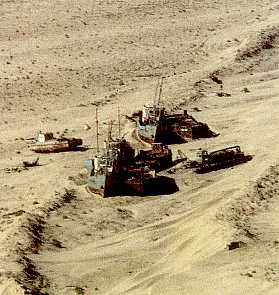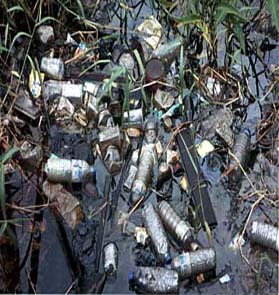The water problem can be broken into two main areas:
-
Shortages
By 2025, between one-half to two-thirds of humanity will be living with severe fresh water shortages.
-
Globalization
In 2000, at the World Water Forum in the Hague, big business groups such as the Global Water Partnership and the World Bank shouted louder than United Nations officials and government members from over 140 countries. What happened? Water was designated as a human need not a human right. If it had been designated a right, then governments would be responsible for providing equal access to water, on a non-profit basis, to their citizens. Instead, private corporations now have the right to buy water-systems and sell access to water for their own profit. - French water companies Vivendi and Suez already own, or have controlling interests in, water companies in over 130 countries on all five continents. Combined, they sell water to over a hundred million people around the world. (Barlow & Clarke, 2002, p.85).
- Are you a citizen who has a right to water, or are you a customer who should pay for water?
- As multinational companies take over the earth's natural reserves of water, are you going to fight for the rights of people, or the rights of investors?

The Aral Sea

Water Pollution